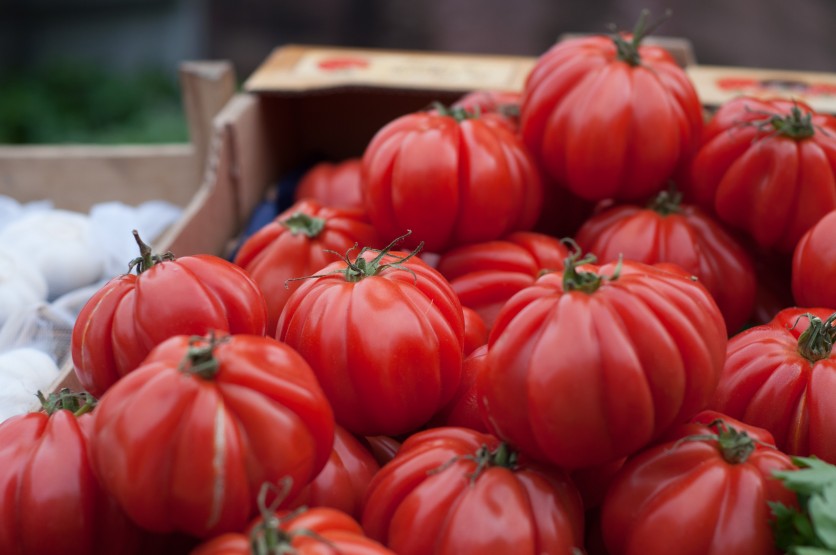Food Fraud Records 2024
Food authentication solutions as a tool in the food fraud risk mitigation plan

Tomatoes are very popular vegetables. Especially in the summertime they are available in stores in all shapes and colors.
People not lucky to have their own tomatoes in the garden or balcony prefer to buy regional goods which are offered in huge varietes including organic grown ones. Due to modern technology it is even possible to get local tomatoes all over the year.
Buying a can tomato sauce or a bottle of ketchup in a supermarket represents a completely different situation. In this production field there are particularly three countries being the big players on the market. The USA where the ketchup-story originally started, Italy where tomato sauce is part of the typical lifestyle and China where it was noticed cleverly that although the own market is not ready yet for the ketchup-wave, there can be made a whole lot of money throughout the world with big quantities of cheaply produced tomato concentrate.
The fact that there are 1 million tons of tomato concentrate leaving Chinese ports every year to be further processed in over 100 countries in the world is nothing the final consumer is aware of to this extent.
While US-companies build upon high-tech staff-reduced processes, where every second counts and efficiency is above everything, Italy as well as China are profiting from low-paid workers. Further on it is not unusual that profits are maximized by additives such as starch or soya – legally, but not explicitly labelled.
In the end what matters is transparency. To take an informed decision for a certain good it has to be ensured that labelling is correct and no misleading takes place.
If the product can be analytically tested, the package can not cheat.
Modern tools such as the isotope analysis offer quick and independent verification of origin and can be used for secure control of supply-chain and strengthening of the own position as a trustable provider
Food authentication solutions as a tool in the food fraud risk mitigation plan
BOHEMIA SEKT s.r.o. and Imprint Analytics GmbH collaborate to ensure authenticity and quality in sparkling wine production
Lidl Austria and Imprint Analytics GmbH cooperate to secure regional production and ensure integrity in national supply chains
Check out our brand new expert article concerning Food Authenticity
Food authentication solutions as a tool in the food fraud risk mitigation plan
Amidst a rising tide of food fraud, the quest for authenticity and transparency becomes more vital than ever. While the food companies struggle to navigate between new regulations on sustainability, ESG and responsible sourcing, consumers raise their demands and expectations. Let's unveil the secrets hidden in our plates and cultivate a culture of authentic food.